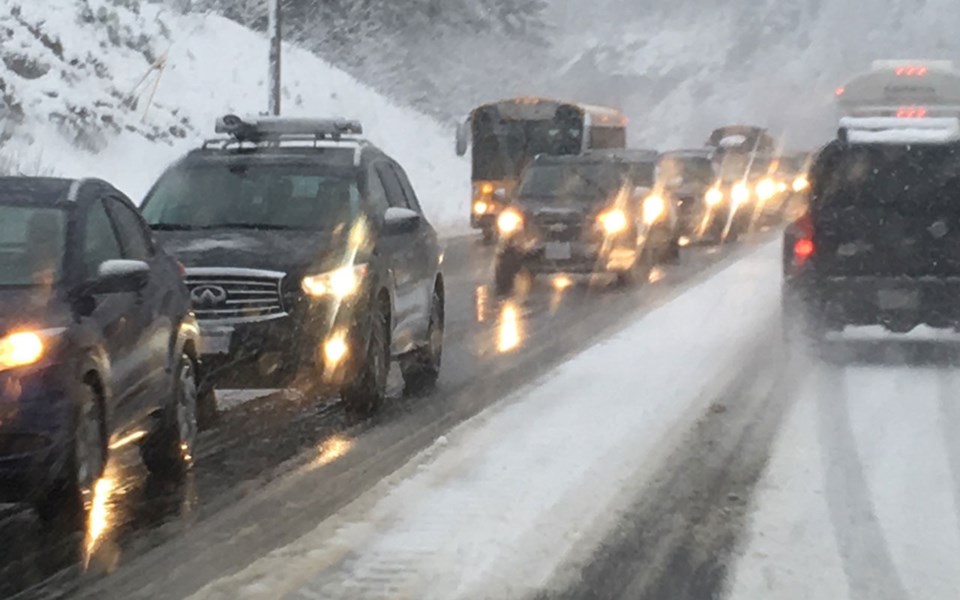“We can’t save the world by playing by the rules, because the rules have to be changed. Everything needs to change—and it has to start today.”
—Greta Thunberg
It is encouraging that the climate crisis was a significant part of the first face-to-face—though virtual—meeting between new U.S. President Joe Biden and our Prime Minister Justin Trudeau.
There is little doubt that Canada cringed every time former U.S. President Donald Trump talked climate, as he invariably shared his alternate facts about it and spent most of his environmental energy dismantling safeguards as opposed to tackling the very real issues facing not the just the North American continent, but the whole world.
The Feb. 23 meetings had some encouraging sound bites on climate—but it is hard to be optimistic considering how much change is needed and how little has been accomplished to date.
It was motivating to hear that Biden’s administration intends on transitioning all 645,000 of its federal fleet vehicles to zero-emission vehicles, for example (perhaps Canada should do the same thing? Our current target says 10 per cent of all new vehicles sold by 2025 be zero-emission before reaching 100 per cent by 2040). On a much larger scale, he cancelled the Keystone XL pipeline and pledged the U.S. to emissions-free electricity generation by 2035 and a net-zero economy by 2050. He also established a national climate task force with leaders from all 21 federal agencies and departments, and re-joined the Paris Accord pledging to spend US$1.7 trillion on implementing a climate change plan.
This is all good news for Canada and one would hope that it would pressure the Liberal government, or any elected government, to get serious about addressing the climate crisis.
According to National Resources Canada data, we are not doing as well as we would like in our divorce from the fossil-fuel economy. For example, our overall emissions from the oil and gas sector increased 23 per cent largely due to increased production and we can expect to see our oil production increase over the next 15 years according to most experts. Let’s not forget that by far the majority of our oil exports do go the U.S., so our fossil-fuel web is inextricably linked to America.
Closer to home, this week we saw an ambitious presentation to council outlining some “bigger moves” local government could consider adopting to free up money to invest in addressing climate change.
The ideas put forward by Brendan (CEO of Vancouver healthy fast food chain SMAK) and Amanda Ladner may seem to push the envelope too far to some—but let’s remember that Whistler hasn’t even declared a climate emergency yet (hundreds of local governments across Canada have already done this, along with Canada’s federal government).
The Resort Municipality of Whistler (RMOW) adopted its climate action plan, the Big Moves Strategy, last December. The strategy aims to zero in on transportation, buildings and waste, which together account for more than 90 per cent of Whistler’s greenhouse gas emissions—they rose four per cent in 2019. Corporate and community emissions totalled 131,166 tonnes of carbon dioxide equivalent in 2019—also a four-per-cent increase over 2018.
Passenger vehicle emissions continue to be the worst polluter, accounting for 54 per cent of Whistler’s GHG emissions, followed by natural gas at 35 per cent.
“The true work for the Big Moves strategy begins in 2021 when the RMOW begins to roll out the actions and key initiatives outlined in the plan to achieve the 2030 targets,” states the RMOW’s website.
So, clearly, we can get set for some significant and inspiring actions on the part of the RMOW this year as we head toward its substantial greenhouse gas reduction target of 50 per cent below 2007 levels by 2030.
But let’s remember, the only way to reach those targets is if we all make changes.




